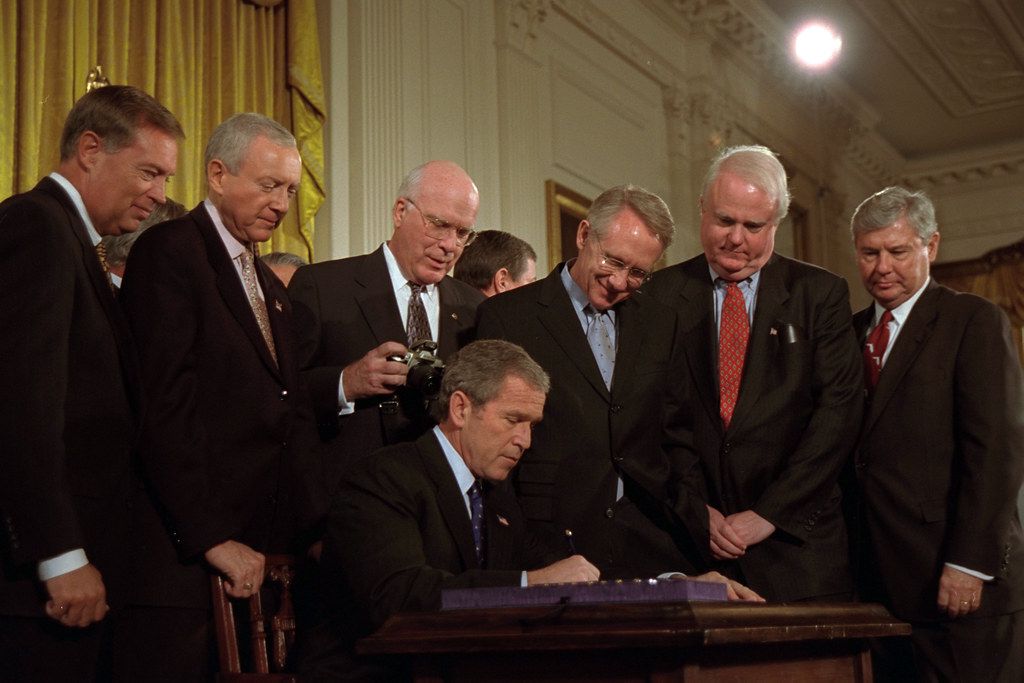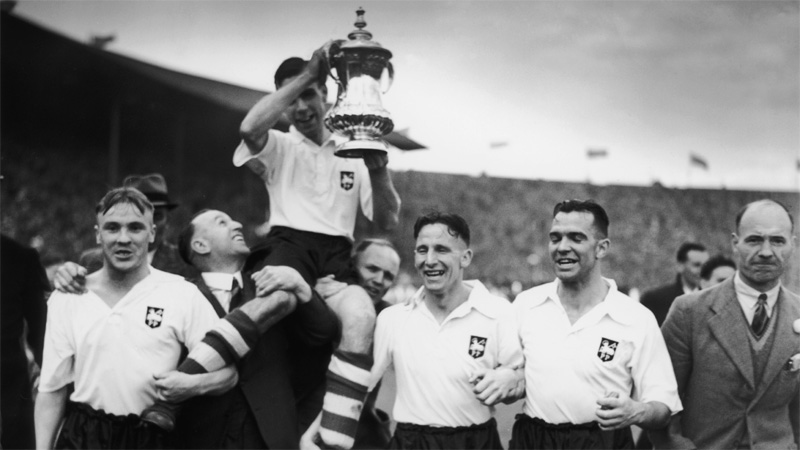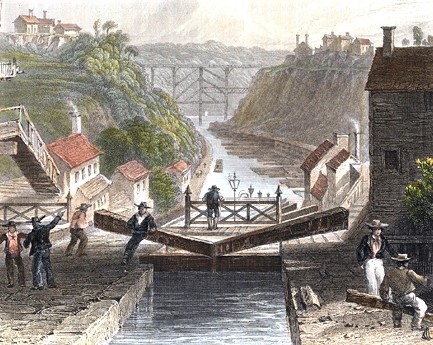Let’s look at major events that happened today in history;
Today in History
-
2001 Patriot Act Comes into Effect in the US
President George W. Bush signed into law as a result of the September 11, 2001, attacks, the act is formally known as Uniting and Strengthening America by Providing Appropriate Tools Required to Intercept and Obstruct Terrorism Act of 2001. The act gave security agencies more power to deal with terrorists and terrorist activities. It made it easier for them to monitor and investigate people suspected of aiding and abetting acts of terrorism. It has been criticized for its detrimental effect on civil liberties.

Story
The Patriot Act, the common reference for the USA PATRIOT Act, was passed by the U.S. Congress and signed into law by President George W. Bush on Oct. 26, 2001, following the September 11th terrorist attacks against the United States.
It enhanced previous legislation from April 1996, entitled the “Antiterrorism and Effective Death Penalty Act of 1996,” enacted during the Clinton administration following the 1995 Oklahoma City bombing.
The Patriot Act aimed to increase homeland security and expand tools available to law enforcement and federal agents such as:
• Surveillance, wiretapping, and roving wiretaps to track and investigate terror-related crimes.
• Obtaining bank records and business financial records to prevent money laundering for terrorism financing.
• Improved intelligence sharing between government agencies.
• Tougher penalties for convicted terrorists and those who aid them.
• Allowing for delayed search warrants.
• Preventing aliens involved in terrorist activities to enter the United States.
Implications of the Patriot Act
Police officers, FBI agents, federal prosecutors, and intelligence officials can better share information and evidence on individuals and plots, thus enhancing their protection of communities.
Federal agents may use court orders to obtain business records from hardware stores or chemical plants to determine who may be buying materials to construct bombs. Bank records can be obtained to determine if an individual or entity is sending money to terrorists or suspect organizations.
The Patriot Act impacts financial professionals and financial institutions with its Title III provision, entitled “International Money Laundering Abatement and Financial Anti-Terrorism Act of 2001,” targeting parties suspected of terrorism, terrorist financing, and money laundering.
Banks must also investigate accounts owned by political figures suspected of past corruption and there are greater restrictions on the use of internal bank concentration accounts that fail to effectively maintain audit trails.
The Bank Secrecy Act of 1970 (BSA), The Currency and Foreign Transactions Reporting Act, requires banks to record cash purchases of instruments that have daily aggregate values of $10,000 or more, an amount that triggers suspicion of tax evasion and other questionable practices and the Patriot Act makes concealing more than $10,000 on anyone’s physical person an offense punishable by up to five years in prison.
The Act expanded the definition of money laundering to include computer crimes, the bribing of elected officials, and the fraudulent handling of public funds. Money laundering now encompasses the exportation or importation of controlled munitions not approved by the U.S. Attorney General.
-
1984 First Infant to Receive an Organ From Another Species
Born on October 14, 1984, with a rare congenital heart defect, Baby Fae received a heart from a baboon. The surgery was performed by Dr. Leonard L. Bailey at Loma Linda University Medical Center in California. While the operation was successful, Baby Fae’s body rejected the heart, and she died a few weeks later.

-
1947 The Maharaja of Jammu and Kashmir Joins India
Hari Singh, the last ruler of the princely state, signed the Instrument of Accession to join the Dominion of India in return for protection from the Indian military.
-
1863 The Football Association is Formed
The world’s oldest governing football body was created at the Freemasons’ Tavern in London. The foundation was instrumental in creating and formalizing the rules of the game. Before this, every area and organization playing football (soccer) made its own rules.

-
1825 Erie Canal opens for ships
Construction of the 363-mile-long canal began in 1817. The canal which connects Lake Erie in Buffalo, New York, to the Hudson River in Albany, New York, was used to ship goods in a time when it was cheaper and more effective to transport them through the waterways. Since the 1990s, the canal has been primarily used for recreational purposes.












